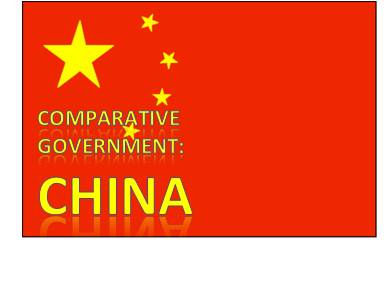
In a recent Economist article titled "When Partners Attack," the reporter commented on the fact that China is now the leading exporter, beating out Germany in 2009, and was involved in exactly half of the disputes filed with the World Trade Organization.
China's complaints to the WTO have more than doubled in the last year, which coincides with an increase in disputes filed by developing countries. The US and EU used to initiate 50% of the disputes, but that statistic fell to 27.2%, of the disputes between 2001 and 2008.
Many countries are using the World Trade Organization instead of "the alternative—a series of escalating retaliations unconstrained by any rules." The organization has been gaining strength, and its newer system of dispute resolution works far better. The resolutions are much more powerful now because the WTO allows "the complainant to hit back," without the fear of restrictions on themselves. The organization, however, "limits the amount of retaliation."
This new system has led to 70% of the trade disputes filed with the World Trade Organization to be handled through negotiation alone. There has also been a decrease in the amount of trade barriers that would be challenged. Countries are now afraid of the WTO authorizing retaliation against them. However, there is still a problem for countries too small to retaliate effectively. There is also fear that China's lack of democracy may make it difficult for companies to stop politically motivated disputes, which are possible between the US, EU, and China. But, disputes between those three economies are unlikely because of low leverage for retaliation and the overall size and strength of the economies.
These dispute filing issues could cause China's companies with larger amounts of exports to push for democratization to protect their own interests. If this happens, the chinese people could benefit from an increase in ability to protest government decisions.
Dispute difficulties may also cause the Chinese government to make sure that it is not doing anything that will cause another country to file a dispute with it. This will help keep China more ethical, and may improve workers' rights, if another country makes a complaint. Only the threat of filing a dispute will cause any improvement, but there is at least the ability to motivate. The trade issues that may arise could have the ability to fix human rights issues, increase democratization within China, and increase the Chinese peoples' efficacy, which may reduce social cleavages. But these are all very big "ifs."
Grade This Post







No comments:
Post a Comment